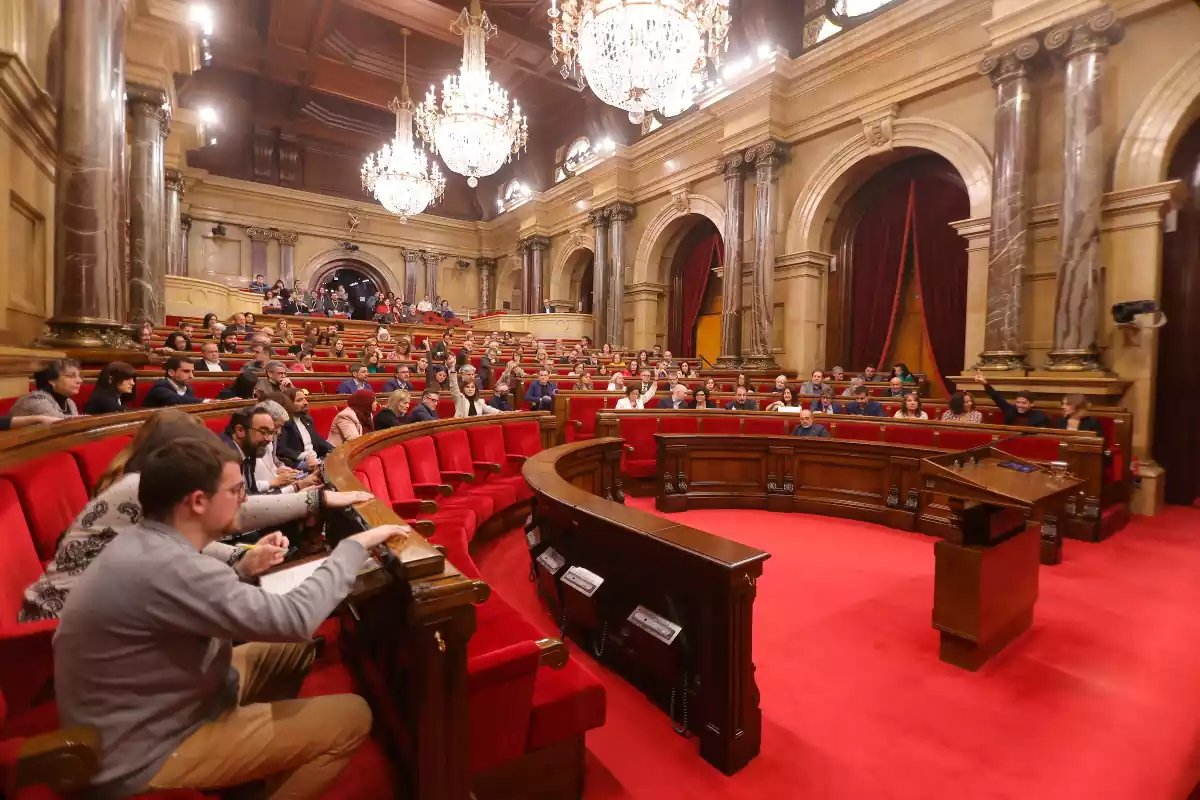
May 12, one year since Illa's victory and the defeat of the separatism movement in Catalonia
The separatism decade has left Catalonia fragmented and in full transition toward a very uncertain future
Today, a year after the regional elections of 12M, the echoes of the end of the procés still resonate. In fact, we can consider this entire legislature as the transition from the procés to the post-procés. Indeed, what was sold during the pro-independence decade as a clear path to independence has transformed into a scenario of pure fragmentation.
Indeed, the most notable aspect of the latest elections was the end of the pro-independence hegemony and, by extension, the historic pro-independence majorities. Now, the independence movement sees how its narrative crumbles and how a new paradigm for Catalonia emerges. For the moment, political blocs are readjusting in step with deep social changes, from immigration to housing and including insecurity.
The fall of the pro-independence movement
There is no doubt: Catalan independence experienced its last zenith in 2017, when Junts, ERC, and the CUP presented themselves as the bearers of a new republic. However, the actions of the State made it clear that there was no organized and viable intention to achieve independence. Simply put, there was a political adventure that no one in the Catalan establishment dared to calm for ten years.

As an immediate effect of this social deception, the pro-independence movement achieved a historic milestone in democracy. Nothing less than losing the usual parliamentary majorities of the independence movement, on which the institutional network at its service relied. As a subsidiary effect of this, we find that the partisan struggle among the pro-independence parties has intensified.
Regarding this last point, and more specifically, we find two factors. The first is that the famous "independence unity" has been widely discredited by the force of events. The second is that, with the emergence of AC, the pro-independence parties have lost the monopoly of the independence discourse, characterized by having a strong 'woke' aroma.
The cotton doesn't lie. After the latest regional elections, we have seen internal renewal processes within ERC, Junts, and the CUP. This is notwithstanding that ERC and Junts have opted for a non-renewal by choosing the same pro-independence leaders who led their parties to this situation.

The rise of the PSC
In the face of the collapse of the pro-independence movement, Illa's PSC consolidated itself as the main political force in the region. Illa's victory was not only an electoral victory but also an ideological victory. But it is a very particular ideological victory that is not based on a project of great social weight.
On the contrary, the PSC's discourse is based on the Catalan voter's fatigue of recent years. Moreover, many electoral analysts have concluded that the PSC won largely thanks to the abstention of pro-independence voters. From here, President Illa doesn't move from a vaguely humanist and conciliatory discourse, while facing a very complex legacy.

On the other hand, the current PSC represents the point of connection between the pro-independence debacle and partisan interests. We refer, of course, to ERC supporting Illa's investiture. The reason for this was very simple: the republicans supported Illa or faced a second electoral setback. This is why Illa's government has very pro-independence tics and gestures, from subsidizing nationalist press to keeping (and expanding) the institutional-client network.
Like any coalition that supports too many losers, the tripartite led by Illa is too conditioned to guarantee its own stability. Again, this is notwithstanding that the PSC government has made the most pharaonic promises remembered, from building 50,000 homes to leading Catalonia to Spain's economic leadership. We are, in summary, in a legislature of dealing new cards.
More posts: